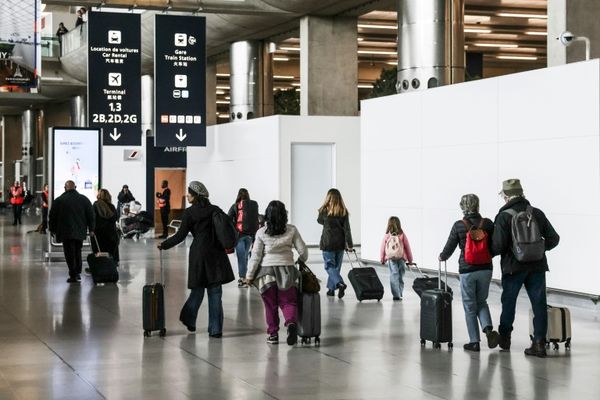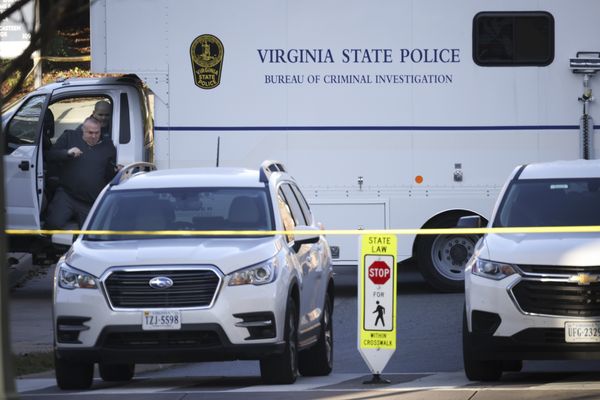Nicola Sturgeon’s legislative programme was set against the most challenging financial backdrop of any year since the 2008 crash.
Her latest Budget were passed in February, but so much has since changed for the worse.
Inflation has eaten into the value of the Scottish Government’s funds and public sector pay deals are adding to the costs.
As the Record reported in July, Ministers faced a black hole of up to £2bn this year and civil servants were desperately casting around for savings.
Another massive pressure is the Government having to find more money within its budget to help Scots cope with the cost of living crisis.
After describing falling living standards as a “humanitarian emergency”, Sturgeon could hardly shrug her shoulders and do nothing.
Her flagship announcement - a rent freeze for tenants until March - will have had Government officials high-fiving each other.
Not only will the policy be popular by saving people cash, but the cost will be borne by landlords, not the Government.
No doubt the First Minister will receive plaudits for the policy, but its provenance should also be pointed out.
It was pushed for by the Greens as junior partner in the Government after being demanded by Labour.
Confirming a £25-a-week Scottish Child Payment for those on low income was a re-announcement, but by coming into force in November it will be a welcome cash boost.
However, the pay deals agreed by the Government will sap funds and acting Finance Secretary John Swinney will have to explain tomorrow how the books will be balanced.
Other spending commitments for this year will be postponed and pet projects ditched.
Government is about competing priorities and the Sturgeon administration will have to let some people down.







